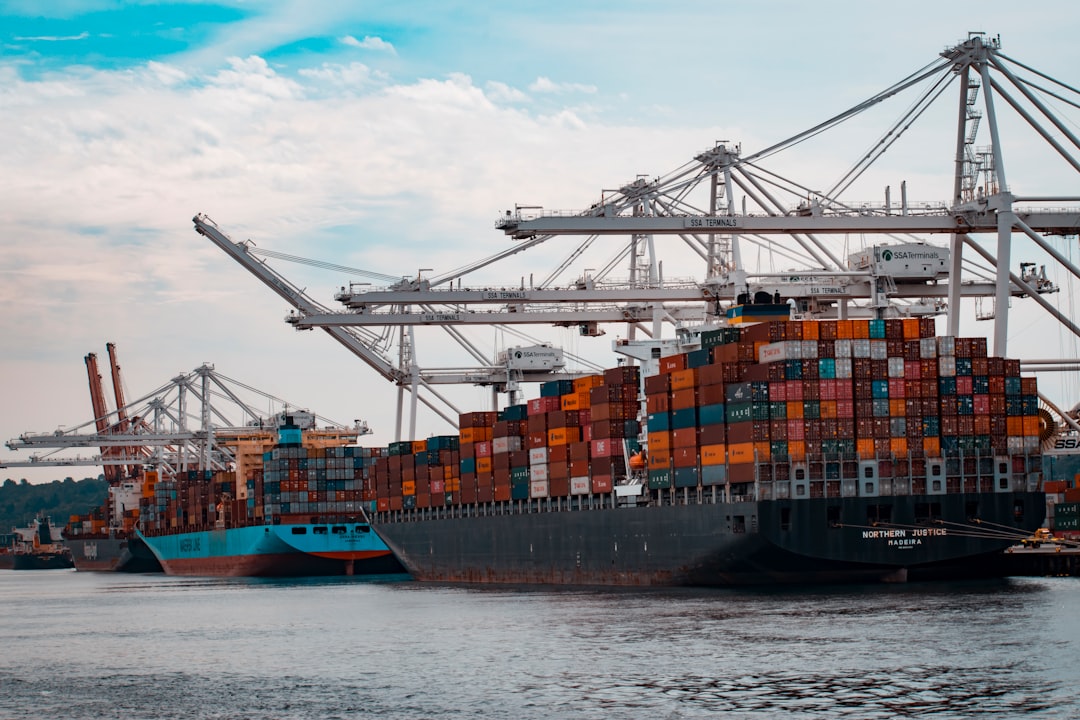A recent trade data proposal presented to US Customs by the Commercial Customs Operations Advisory Committee has sparked significant controversy as experts warn it could have dire consequences.
The change proposed by several large businesses including Walmart, General Motors, and Intel threatens the trade data transparency that protects workers and customers. Several human rights advocates claim that if the proposal passes, vessel data that protects workers from predatory employment and keeps American companies responsible for the illicit behavior of their overseas suppliers, partners, and holdings could be made confidential.
This issue stretches to matters as serious as American companies being held responsible for the deaths of child laborers whose work creates products that end up on U.S. shelves. The origin of these products is known because of transparent policies that foster investigations in shipment tracking.
Vessel manifests like the ones provided by ImportGenius bolster investigations of mistreatment in shipping chains worldwide. Without these manifests, the opportunities for global slave labor run rampant. While activists believe Customs and Border Protection (CBP) should be more up-front about their conversations with massive corporations, the agency has opted to retreat further into the shadows. This proposal could be detrimental to third-world citizens who are already working more than is humane.
"Public access to this data has empowered journalism and kept consumers safe," said ImportGenius CEO Michael Kanko, quoted by the Daily Herald. "We need more transparency in trade, not less."
Read more about the story here: https://apnews.com/article/business-global-trade-regulation-us-customs-and-border-protection-c878caa703150f417342c9777504b9a1
